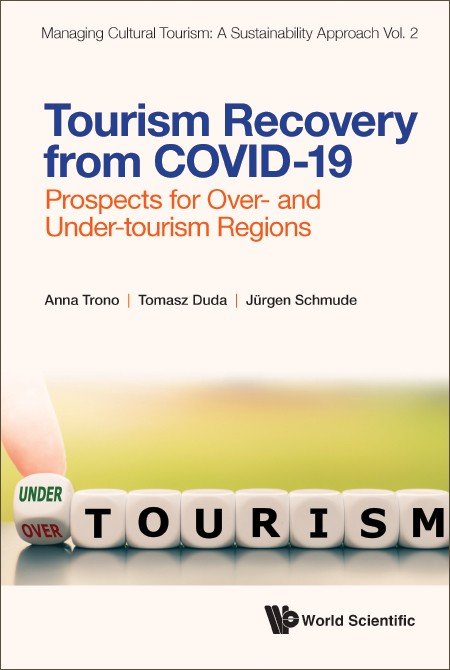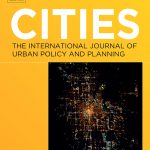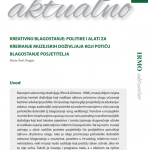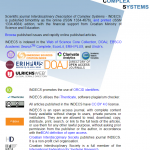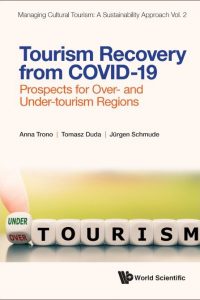
Book: Tourism Recovery from COVID-19: Prospects for Over- and Under-tourism Regions
Chapter 2: Stress for the Wellness Sectors: The Paradox of Culture and Tourism in the COVID-19 Times, pp. 15-29 (2022)
https://doi.org/10.1142/9789811260247_0002
Publisher: World Scientific Publishing
Year: 2022
ISBN 978-981-126-023-0 (hardcover)
ISBN 978-981-126-025-4 (ebook)
Abstract:
The crisis caused by COVID-19 has an enormous impact on the whole society. However, although exact research data are still not present, the travel and transportation industry is projected to have the highest coronavirus impact index. The culture, media and entertainment industry is seen to be impacted to a slightly lesser but still to a very high extent (Statista, 2020). Although due to the pandemic, a rise in streaming and online services has been substantial as digital consumption of “music, films, television and other art forms for entertainment, education and cultural enrichment” has been sought for (ILO, 2020), cultural travel and visits to cultural tourist attractions significantly dropped, e.g. “more than 80% of UNESCO World Heritage properties closed down” (UNWTO, 2020b). Before the pandemic, many overtourism destinations suffered from excessive numbers of tourists with negative impacts on the community (Dodds and Butler, 2019), as in the case of Dubrovnik, Venice or Barcelona. However, “successful tourism development can no longer focus exclusively on numerical growth” (Eckert et al., 2019), and in these cities, it resulted in raising local community voices against tourism, leading even to the local ban of Airbnb accommodation to make room for the affordable long-term rentals to locals. The paradox is that culture was greatly contributing to these destinations in gaining their popularity, alongside media as well as cultural/ creative industries, such as their heritage, architecture, and film or TV series casting…
The chapter is available at the following link: https://www.worldscientific.com/doi/10.1142/9789811260247_0002

